Why Monitoring a Baby’s Heart Rate During Infancy Is Important
Why Monitoring a Baby’s Heart Rate During Infancy Is Important
Infancy is a time of rapid growth, constant change, and—let’s be honest—a lot of sleepless nights. As new parents, we instinctively watch over our little ones while they sleep, feed, or even just lie quietly in their crib. But what if there were a way to see what we can’t see—like the rhythm of their tiny heartbeats?
Thanks to modern technology, now we can. Monitoring a baby’s heart rate during infancy isn’t just a feature of the latest baby gadgets—it’s becoming a critical tool for safer, smarter parenting. With the help of the best baby monitors, you can track real-time vitals and respond quickly if something isn’t right. This isn’t about fear—it’s about being empowered.
1. Infant Vulnerabilities & Hidden Risks
Babies are fragile—especially in their first year. Their nervous system is still developing, their breathing can be irregular, and they haven’t yet mastered how to regulate heart rate or body temperature.
A newborn’s resting heart rate typically ranges from 110 to 160 bpm. But what happens when it dips below 90 or jumps to 180? These changes can signal serious issues—some of which are silent and invisible without a monitor.
Heart rate irregularities may be early signs of:
- Sleep apnea
- Reflux complications
- Congenital heart conditions
- Respiratory distress
Without visible symptoms, a baby can appear perfectly fine—until they’re not. That’s why having a device that tracks these internal signs is more than a convenience—it’s potentially life-saving.
2. How Modern Baby Monitors Work
The traditional baby monitor was limited to audio. Then came video. Now, we’re in a new era: smart baby monitors that detect movement, crying, room temperature, and even vitals.
The iBaby i20 stands out among them. It uses Yobi-PPG™ technology to detect subtle changes in your baby's skin tone and chest movement—analyzing heart rate and breathing patterns in real time, without any wires, pads, or wearables.
This means no discomfort for your baby, and no extra steps for you. Just mount the camera and go. It’s monitoring made seamless—and smart.
You can’t be in the nursery 24/7. But a good monitor can. Here’s how heart rate monitoring supports your peace of mind and your baby’s health:
3. Health Benefits of Heart Rate Monitoring
Prevention of SIDS: While no monitor guarantees prevention, early alerts for low heart rate or breathing pauses give parents a critical window to act.
Informed Parenting: Understand when your baby sleeps deeply, breathes irregularly, or experiences distress—even when they’re quiet.
Nighttime Confidence: Feel safe stepping out of the room, knowing your phone will notify you of any unusual vital changes.
The traditional baby monitor was limited to audio. Then came video. Now, we’re in a new era: smart baby monitors that detect movement, crying, room temperature, and even vitals.
4. Customizable Alerts = Fewer False Alarms
Not all babies have the same resting heart rate. What’s low for one may be normal for another. That’s why the iBaby i20 allows you to customize alert thresholds based on your baby’s baseline. You won’t be bombarded with false alarms for harmless dips or spikes—instead, you’ll only be alerted when something’s truly out of range.
This level of personalization builds trust between you and the technology—because the last thing you need at 3 a.m. is a false panic.
5. Real Parent Stories & Everyday Impact
Moms and dads who’ve used heart rate monitors often describe them as life-changing. Whether it was catching sleep apnea in the middle of the night or realizing their baby was struggling with silent reflux, having those early insights changed the course of care—and gave them peace of mind.
They say parenting doesn’t come with a manual, but modern monitors come close. They allow you to parent more confidently—and maybe even sleep a little better, too.
Conclusion
During the first year of life, every heartbeat matters. As infants develop and grow, their body systems are still finding rhythm. By using a monitor that tracks those invisible signs, you’re adding a critical layer of safety and comfort—for your baby and yourself.
Heart rate monitoring isn’t about overparenting—it’s about smart parenting. With tools like the iBaby i20 , you're not just watching your baby—you're truly understanding them.
Subscribe Us
Subscribe to our newsletter and receive a selection of cool articles every weeks





